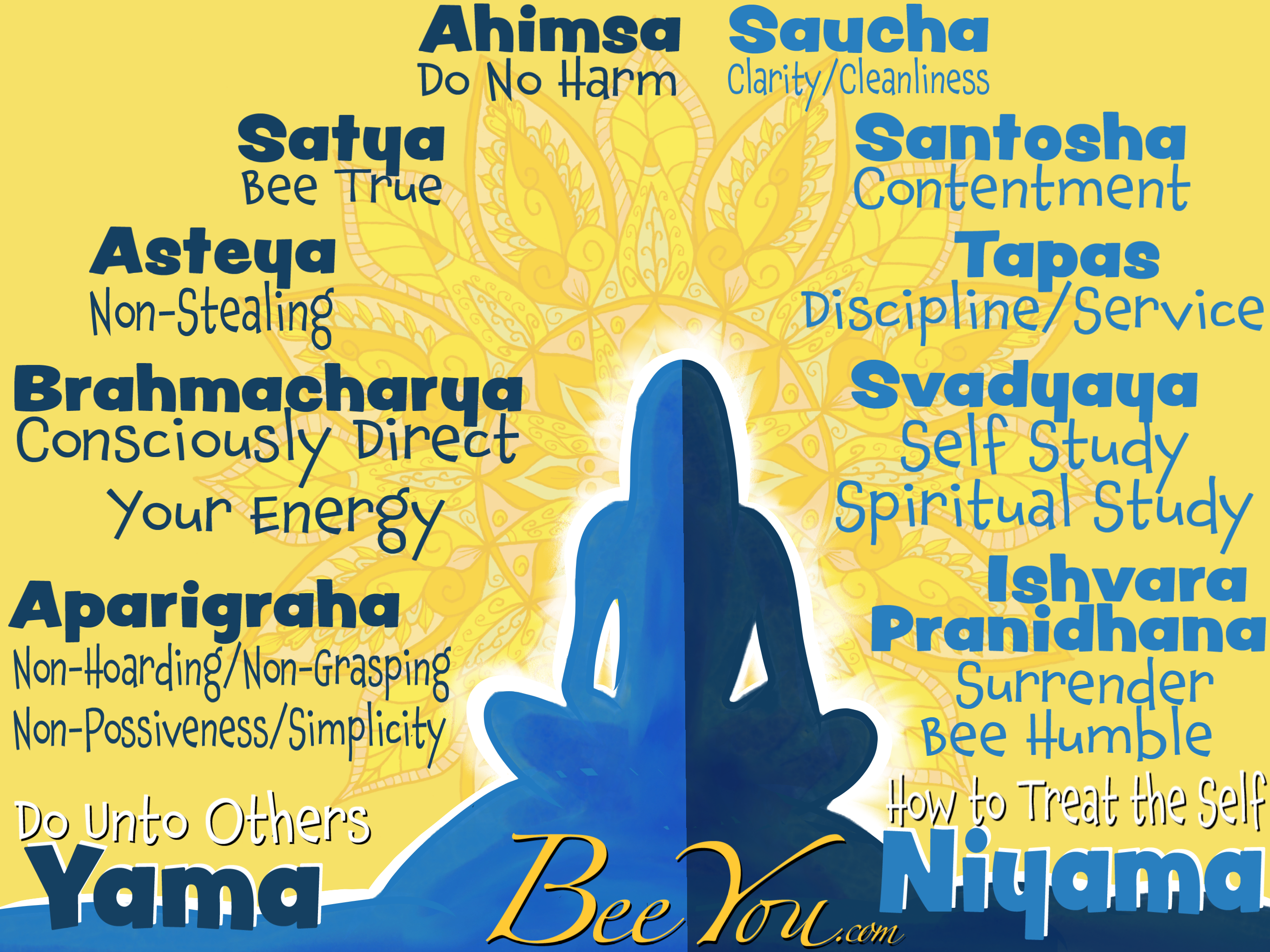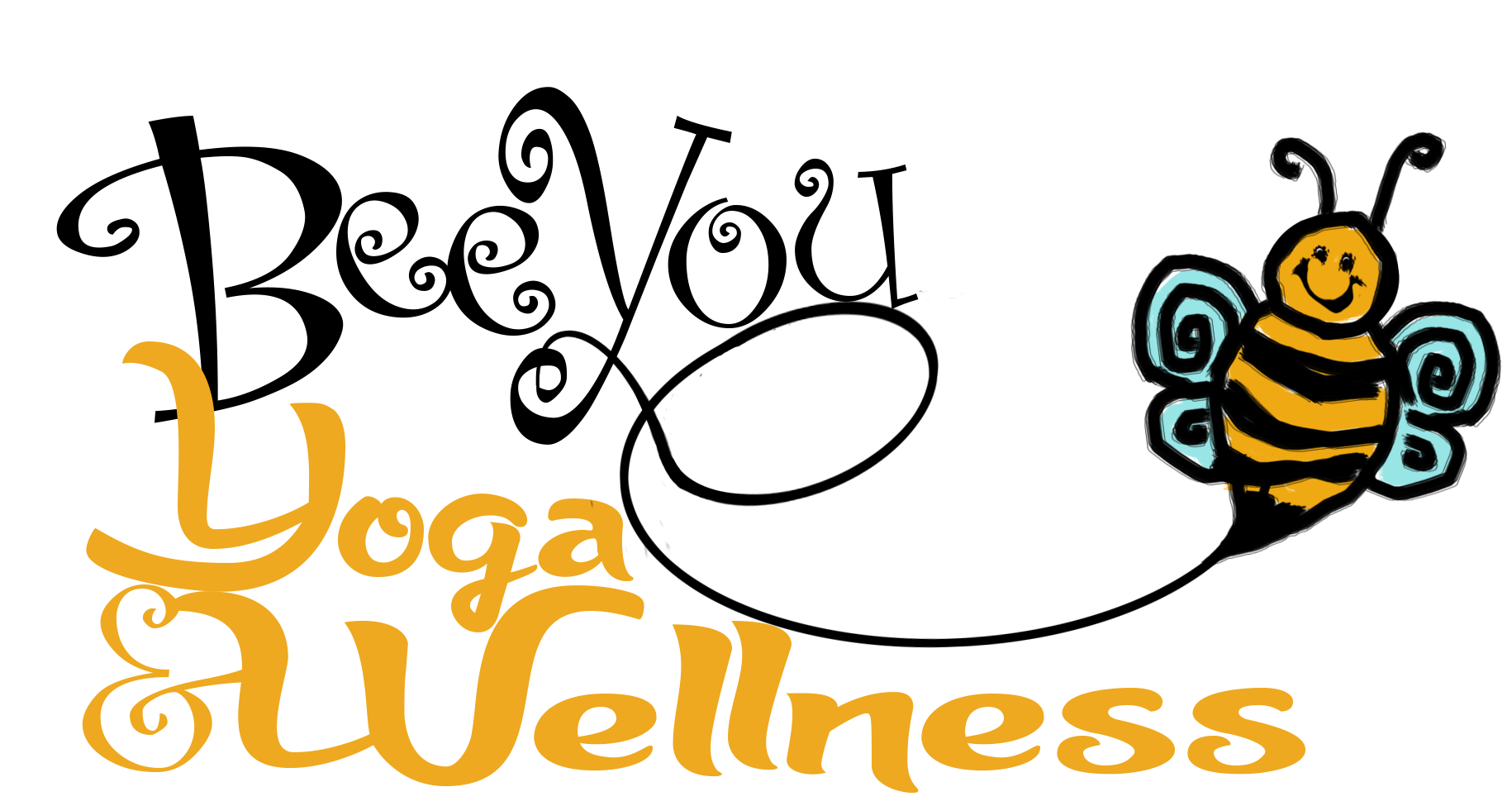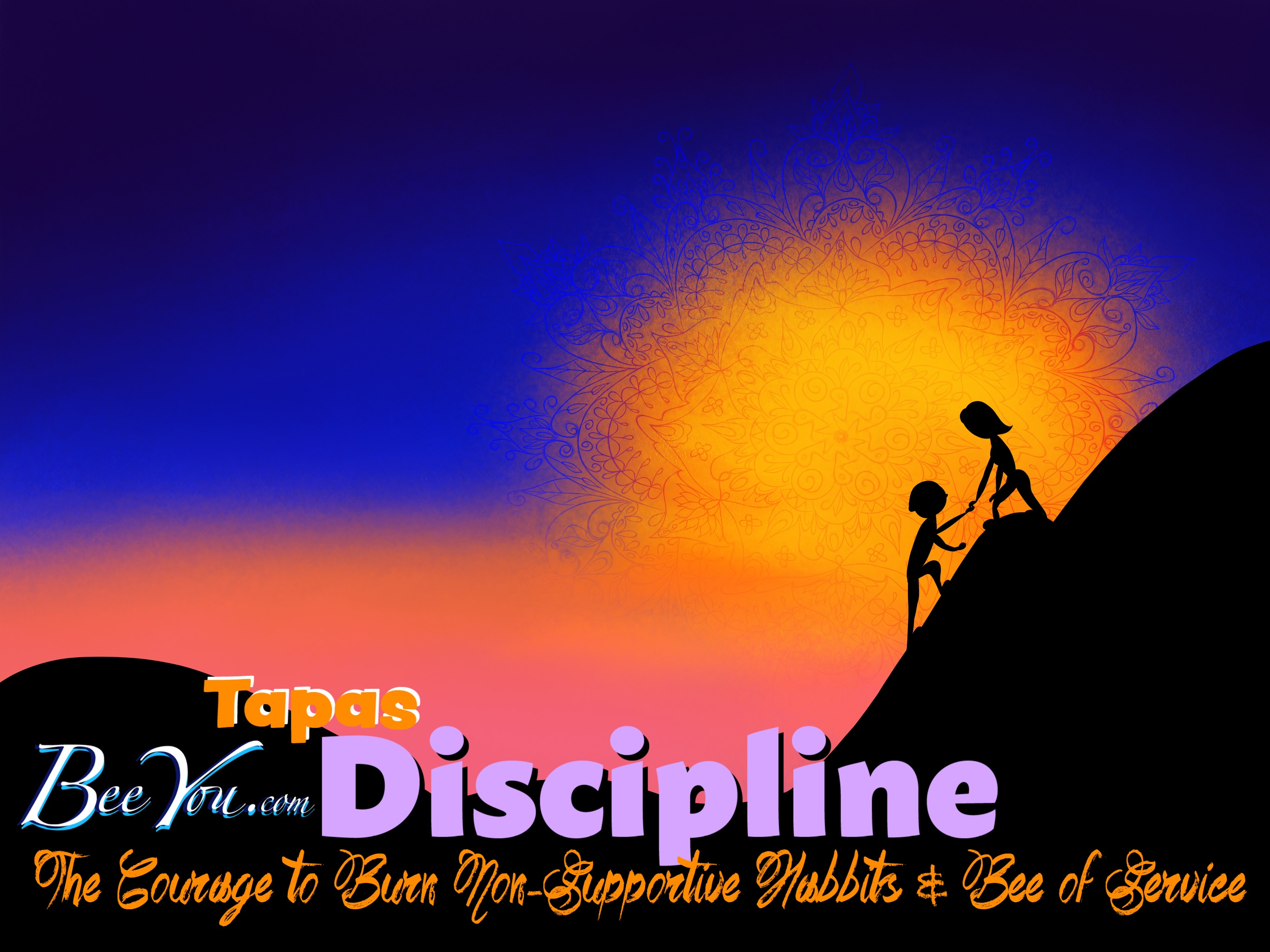The teachings of yoga have ethical principles that help guide us to a more comfortable way of living. Ethical principles need not be strict rules by which we judge the actions of others or something that divides us into “good” vs. “evil”. This guide provides a helpful method to break up the human experience and set us on a path that will provide more comfort in our everyday lives.
I often re-read these teachings, over and over, and seek out other people’s interpretations. I find that revisiting these teachings often highlights new ways I can incorporate them into my day to day life as I change. The following are some of the ways I have found to work for me.
The teachings are broken up into 2 parts, Niyama: how to treat ourselves and Yama: how to treat others. Each has 5 parts. The texts are written in an ancient language and have been through many translations into other languages and modern interpretations. It helps to open our minds to the more general message and how it might fit into our own modern life rather than trying to squeeze ourselves into someone else’s version of perfection or rules. The ancient language in which these texts were written is far more based on sound and vibration, more poetic than current language. Each word has many translations and many do not easily translate into current languages. It can be helpful to not get too caught up in the cognitive desperation for being exact and allow a more overall and deeper sense of the message to be absorbed. Listen with your innermost self and not so much your thinking mind. “Take what you need and leave the rest” but also invite the idea that at some other point in your life there may be new nuggets of wisdom that pop out that you may not have seen before. Look with fresh eyes and an open heart.
Niyama: How to treat the self
Without judging ourselves too harshly, we look within and become aware of habits that if adjusted would improve our lives. The journey on the path of discipline will be successful if we endeavor with plenty of compassion—compassion for when we will stumble on the path—compassion for how difficult the task of changing habits can be. Without attachment to the outcome, we can commit to discipline. The journey of discipline offers much learning along the way. The journey of discipline is not only a way of achieving a goal but a process of learning that teaches us much about ourselves, especially those moments when we stumble or “fall off the wagon”. The more we return to discipline, the easier it becomes to recognize our “triggers” or common stumbling blocks. We can become more aware of how we feel when we are attending to discipline and how that is different from a feeling of floating through life without consideration of our words/actions.
It is easy to fall into the trap of deciding what makes us a “good” person and what makes us a “bad” person when we apply this idea of discipline. The inner critic can start judging us when we feel we are not being disciplined enough. For example, we decide that not eating junk food may be something we would like to do in order to apply more discipline in our lives. We begin to feel more comfortable in our lives as we mind what we eat, however, something happens, we get distracted and end up eating poorly. When this happens it is not uncommon to begin distressing thoughts that are judgmental. “Why did I eat that? I am so lazy. I am fat. I can’t stick to the simplest thing…” When these thoughts arise we can practice the discipline of stepping back from the thoughts and observing them. The disturbing thoughts are a reaction to a disruption in our system and the discipline we choose for ourselves. Discipline in this situation may not just be to return rigidly to our plan of minding what we eat, it may be the discipline to observe these thoughts, to become aware of how we are treating ourselves with our thought processes. We may learn more in this stumble than we might from actually achieving this goal through to perfection.

It takes courage to observe ourselves and decide which habits we have that if adjusted would make us more comfortable. Changing a habit can take extraordinary patience and strength. Even changing a thought pattern can be a huge endeavor. It requires attention, a lot of it.
Being of service, though it is how we treat others, is also helpful for our own systems. When we learn how to treat others with compassion and in the attempt to improve the lives of others we often learn much about ourselves and where we might need to apply more compassion inward. Compassion is like a muscle, the more we exercise it, the more it grows and becomes integrated into parts of our lives. If we practice compassionate thoughts, compassionate words become part of our vocabulary. As we speak with compassion, our deeds become compassionate. The more we experience compassion, the more we replicate compassionate behavior. Compassion expands and grows, but it does require discipline.

Yoga is not the goal of perfection. Practicing yoga is not the ultimate recipe for becoming perfectly happy and never experiencing pain or sadness. Yoga is a union. To join all of the parts of ourselves. To realize that we are a whole and complete being that is ever-changing, learning and growing, yet not broken. There can be imbalances and disruptions in parts of ourselves, in the thoughts, in the spiritual layer, in the emotions… but this does not make us broken. There are tools we can use to get to know where these imbalances might be and techniques we can use to guide us to a more balanced “wholeness”. Yoga can guide us to a more balanced life, a more comfortable way of being in this human experience.
It can be helpful to see these teachings as helpful guides that we can refer back to over and over. Think about the physical practice of tree pose. It teaches us to balance in our physical body, how balance requires attention not only to our muscles but to our breath, our mind, and our feelings. We balance in tree pose, we wobble, we fall, we try again. Often we learn more about the pose and what is happening in the whole system on the days when we wobble and fall. The object of practicing these concepts in our lives is not to achieve perfection but to notice when we wobble, revisit what we might like to try different, and try again.
These ethical guides need not be harsh rules by which we judge ourselves or others. The general idea is to Bee Kinder to ourselves and Kinder to each other and the world will flow a lot more harmoniously!

